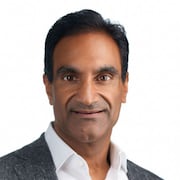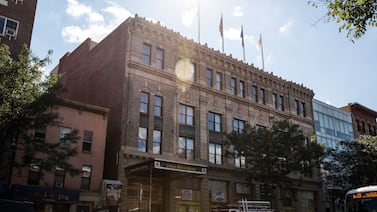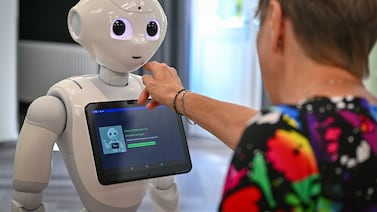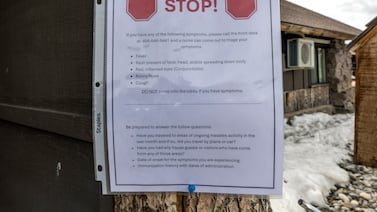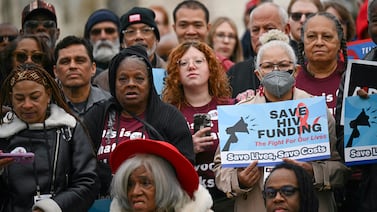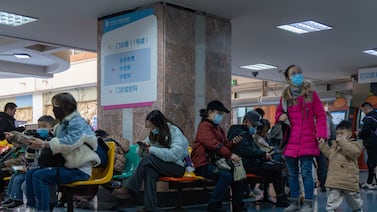In 2015, NYC saw the largest Legionnaires' disease outbreak in city history. Officials responded with new regulations for inspecting cooling towers, where the bacteria originated. Ten years later, NYC has another outbreak.
Friday’s shooting at the CDC follows years of backlash against public health since the pandemic. Bound by a commitment to protect people, public health workers aren’t giving up.
AI has improved performance in industries where data are abundant and decisions need to be fast and accurate, such as finance and logistics. The same tools could help the public health system improve accuracy and act faster.
As new diseases emerge more rapidly, and climate change increases other threats to health, officials may be able to use AI to practice public health with greater speed, precision, and effectiveness.
Primary and urgent care clinics are often the first to see measles outbreaks, but most are insufficiently prepared. Many doctors practicing today have never seen a case.
A look into how public health labs have served as a backbone of the system, the urgency of recent funding cuts, and the consequences for public safety.
We have more effective tools for HIV prevention than ever before. But the Trump administration’s sweeping cuts to the programs that deliver them could squander an historic opportunity to end the epidemic.
In a world where information travels far faster than infections, it is more important than ever to think critically about reports of new diseases or outbreaks. Here are the factors to consider.
Five years after the Covid pandemic arrived, the narrative that the U.S. should have had fewer virus control measures has gained momentum. Here are six questions for assessing the response.
As experts grow increasingly worried about bird flu, there is one critical intervention state and local governments can take now: Improve indoor air quality in places like schools.

